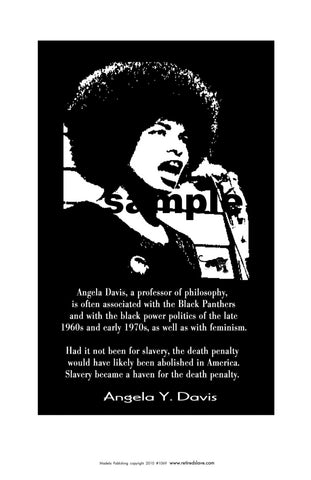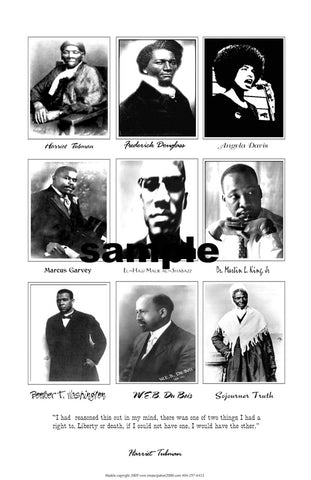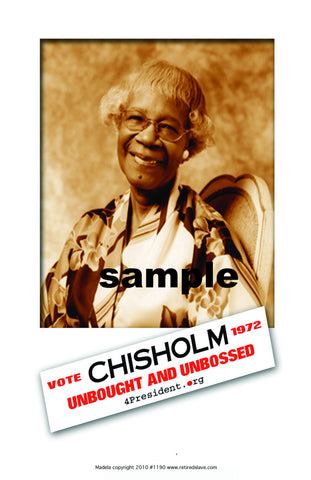“If I know about drug dealing in the ghetto,
the police have to know. One has to wonder
why very little is ever done about it.”
Elaine Brown
Throughout the last four decades, Elaine has been committed to and organized
significant efforts toward effecting progressive change in the United States.
In addition to Black Panther Party leadership, which included editing the Party’s
news organ, running for public office in Oakland (1973 and 1975), and leading
the Party (1974-1977) as its Chairman, since that time Elaine has actively worked
for such social change through to today. Much of her recent work has been
focused on radical reform of the criminal justice system and related efforts. In this
regard, Elaine has authored and edited books about the plight of prisoners and
the injustices in the criminal justice and prison systems, published numerous articles
and newsletters in support of prison reform, and lectured widely at colleges and
universities on the question. Elaine is quoted as a reliable source and expert on
the criminal justice system and considered a noted advocate for its radical reform.
Both David Hilllard and Kathleen Cleaver, former leader of the
Black Panther Party, have stated that they do not recognize the
Black Panther Party that Elaine Brown describes in her new memoir.
Cleaver, now a university professor of law, is quoted in The New York
Times Magazine feature (January 31, 1993) on Elaine Brown: "Elaine
gives a very negative description of the Black Panther Party; the
organization she wrote about is not the organization I belonged to."
Elaine Brown rose from an obscure ghetto existence to run one
of the most powerful and notorious black militant organizations in the
United States the Black Panther Party. So powerful was the influence
of the Black Panthers among black communities that it prompted J.
Edgar Hoover of the FBI to label it “the single greatest threat to the
internal security of the United States” in 1968. Brown assumed power
from Huey Newton, founder and minister of defense, in 1974, when
Newton jumped bail on a murder charge and left the country, appointing
Brown as his successor. Brown maintained control until 1977, when
Newton returned from his self-imposed exile in Cuba to face the murder charges of which he was later acquitted. Brown’s leadership was met with hostility by the predominantly male rank and file membership, many of
whom had lost sight of the party’s original objectives. Although faced
with a weakened organization, serious internal strife, and police and FBI harassment, Brown continued to develop and expand services to the
community, such as the free breakfast program, free legal and medical
clinics, and the Oakland Community Learning Center, which was recognized
by the city of Oakland for academic excellence. In her autobiography, A
Taste of Power: A Black Woman’sStory, Brown chronicles the evolution
and growth of the Black Panther Party, its philosophies, and her own growing social consciousness. A Publishers Weekly reviewer wrote that “Brown’s erudite and considered narration makes for a memoir that is as inspiring as
it is harrowing.”




